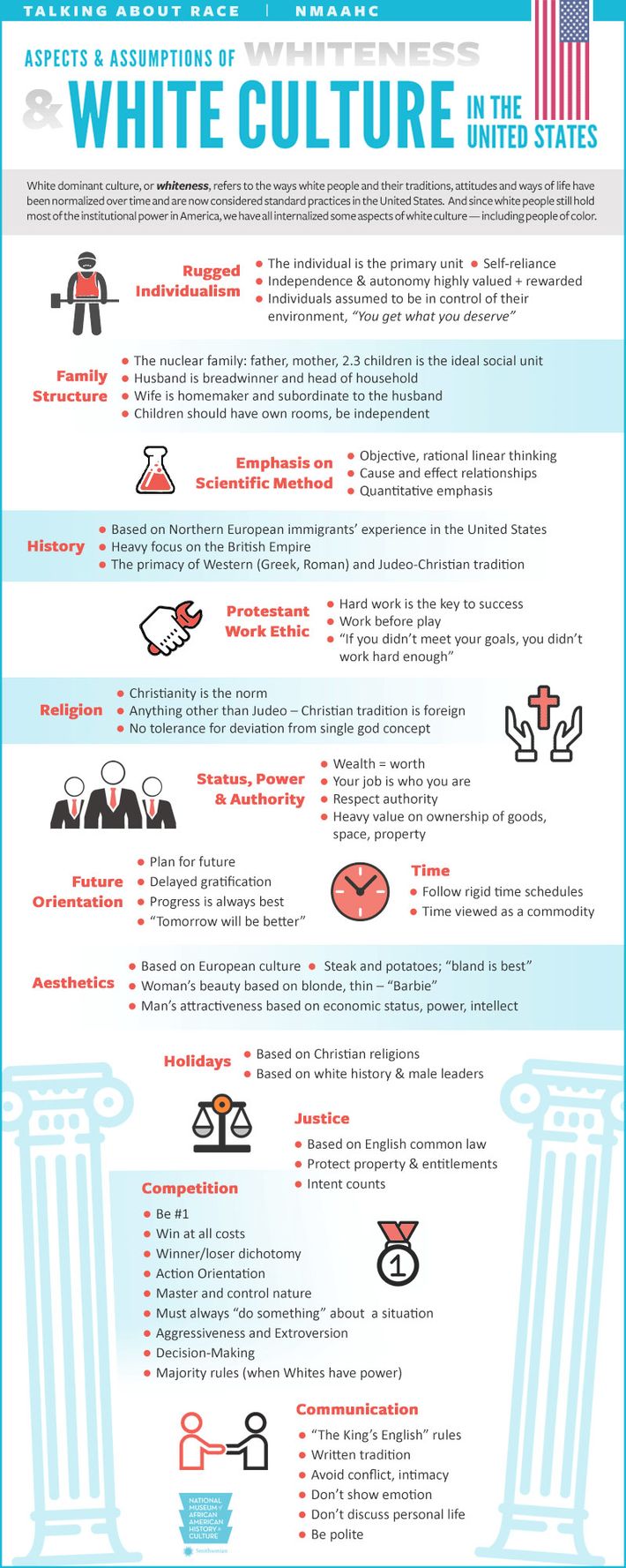
There’s an old syllogism used to describe desperate politicians: (1) We must do something; (2) This is something; (3) We must do this. In the wake of mass national demonstrations that followed George Floyd’s murder, many white people — including leaders of businesses, schools, and nonprofit organizations — have grasped for some concrete step they can take to redress systemic racism. They have found that something: the burgeoning anti-racism training industry, whose most famous theorist and practitioner is Robin DiAngelo, whose book White Fragility rocketed to the top of the New York Times best-seller list.
Daniel Bergner has a long profile of DiAngelo and her fellow anti-racism trainers in the New York Times. The story is far more devastating than it might appear at a casual glance. It reveals a business model spreading kooky, harmful, and outright racist ideas.
The anti-racism consulting industry does deserve both some sympathy and some credit. Its intention, to prod white Americans into more awareness of their own racism, is beneficent. And their premise that white people are often unaware of the degree to which racial privilege has enabled their success, which they can mistakenly attribute entirely to merit and effort, is correct. American society is shot through with multiple overlapping systems of racial bias — from exposure to harmful pollution to biased policing to unequal access to education to employment discrimination — that in combination sustain massive systemic inequality.
But the anti-racism trainers go beyond denying the myth of meritocracy to denying the role of individual merit altogether. Indeed, their teaching presents individuals as a racist myth. In their model, the individual is subsumed completely into racial identity.
One of DiAngelo’s favorite examples is instructive. She uses the famous story of Jackie Robinson. Rather than say “he broke through the color line,” she instructs people instead to describe him as “Jackie Robinson, the first Black man whites allowed to play major-league baseball.”
It is true, of course, that Robinson was not the first Black man who was good enough at baseball to make a major-league roster. The Brooklyn Dodgers decided, out of a combination of idealism and self-interest, to violate the norm against signing Black players. And Robinson was chosen due to a combination of his skill and extraordinary personality that allowed him to withstand the backlash in store for the first Black major leaguer. It is not an accident that DiAngelo changes the story to eliminate Robinson’s agency and obscure his heroic qualities. It’s the point. Her program treats individual merit as a myth to be debunked. Even a figure as remarkable as Robinson is reduced to a mere pawn of systemic oppression.
One way to understand this thinking is to place it on a spectrum of thought about race. On the far right is open white supremacy, which instructs white people to fight for their interests as white people. (Hence the 14-word slogan, “We must secure the existence of our people and a future for white children.”) Moving to the left, standard-issue conservatism tends to discount the existence of racism and treat all problems in pure color-blind terms, as though racism has been banished. To the left of that is standard liberalism, which acknowledges the existence of racism as a problem that complicates simple race-neutral solutions.
The ideology of the racism-training industry is distinctively to the left of that. It collapses all identity into racial categories. “It is crucial for white people to acknowledge and recognize our collective racial experience,” writes DiAngelo, whose teachings often encourage the formation of racial affinity groups. The program does not allow any end point for the process of racial consciousness. Racism is not a problem white people need to overcome in order to see people who look different as fully human — it is totalizing and inescapable.
Of course, DiAngelo’s whites-only groups are not dreamed up in the same spirit as David Duke’s. The problem is that, at some point, the extremes begin to functionally resemble each other despite their mutual antipathy.
I want to make clear that when I compare the industry’s conscious racialism to the far right, I am not accusing it of “reverse racism” or bias against white people. In some cases its ideas literally replicate anti-Black racism.
Glenn Singleton, president of Courageous Conversation, a racial-sensitivity training firm, tells Bergner that valuing “written communication over other forms” is “a hallmark of whiteness,” as is “scientific, linear thinking. Cause and effect.”
This is not some idiosyncratic oddball notion. The African-American History Museum has a page on whiteness, which summarizes the ideas that the racism trainers have brought into relatively wide circulation. The museum’s page summarizes what it calls “white culture” in this astonishing graphic:
“White” values include things like “objective, rational thinking”; “cause and effect relationships”; “hard work is the key to success”; “plan for the future”; and “delayed gratification.” The source for this chart is another, less-artistic chart written by Judith Katz in 1990. Katz has a doctorate in education and moved into the corporate consulting world in 1985, where, according to her résumé, she has “led many transformational change initiatives.” It is not clear what in Katz’s field of study allowed her to establish such sweeping conclusions about the innate culture of white people versus other groups.
One way to think through these cultural generalizations is to measure them against its most prominent avatar for racial conflict, Donald Trump. How closely does he reflect so-called white values? The president hardly even pretends to believe that “hard work” is the key to success. The Trump version of his alleged success is that he’s a genius who improvises his way to brilliant deals. The realistic version is that he’s a lazy heir who inherited and cheated his way to riches, and spends most of his time watching television. Trump is likewise incapable of delayed gratification, planning for the future, and regards “objective rational thinking” with distrust. On the other hand, Barack Obama is deeply devoted to all those values.
Now, every rule has its exceptions. Perhaps the current (white) president happens to be alienated from the white values that the previous (Black) president identified with strongly. But attaching the values in question to real names brings to life a point the racism trainers seem to elide: These values are not neutral at all. Hard work, rational thought, and careful planning are virtues. White racists traditionally project the opposite of these traits onto Black people and present them as immutable flaws. Jane Coaston, who has reported extensively on the white-nationalist movement, summarizes it, “The idea that white people are just good at things, or are better inherently, more clean, harder working, more likely to be on time, etc.”
In his profile, Bergner asked DiAngelo how she could reject “rationalism” as a criteria for hiring teachers, on the grounds that it supposedly favors white candidates. Don’t poor children need teachers to impart skills like that so they have a chance to work in a high-paying profession employing reasoning skills?
DiAngelo’s answer seems to imply that she would abolish these high-paying professions altogether:
“Capitalism is so bound up with racism. I avoid critiquing capitalism — I don’t need to give people reasons to dismiss me. But capitalism is dependent on inequality, on an underclass. If the model is profit over everything else, you’re not going to look at your policies to see what is most racially equitable.”
(Presumably DiAngelo’s ideal socialist economy would keep in place at least some well-paid professions — say, “diversity consultant,” which earns her a comfortable seven-figure income.)
Singleton, likewise, proposed evolutionary social changes to the economy that would render it unnecessary to teach writing and linear thought to minority children. Bergner writes:
I asked whether guiding administrators and teachers to put less value, in the classroom, on capacities like written communication and linear thinking might result in leaving Black kids less ready for college and competition in the labor market. “If you hold that white people are always going to be in charge of everything,” he said, “then that makes sense.” He invoked, instead, a journey toward “a new world, a world, first and foremost, where we have elevated the consciousness, where we pay attention to the human being.”
Whether or not a world along these lines will ever exist, or is even possible to design, is at best uncertain. What is unquestionably true is that these revolutionary changes will not be completed within the lifetime of anybody currently alive. Which is to say, a program to deny the value of teaching so-called white values to Black children is to condemn them to poverty. Unsurprisingly, Bergner’s story shows two educators exposed to the program and rebelling against it. One of them, Leslie Chislett, had to endure some ten anti-racism training sessions before eventually snapping at the irrationality of a program that denigrates learning. “The city has tens of millions invested in A.P. for All, so my team can give kids access to A.P. classes and help them prepare for A.P. exams that will help them get college degrees,” she says, “and we’re all supposed to think that writing and data are white values?”
Ibram X. Kendi, another successful entrepreneur in the anti-racism field, has a more frontal response to this problem. The achievement gap — the long-standing difference in academic performance between Black and white children — is a myth, he argues. The supposed gap merely reflects badly designed tests, he argues. It does not matter to him how many different kinds of measures of academic performance show this to be true. Nor does he seem receptive to the possibility that the achievement gap reflects environmental factors (mainly worse schools, but also access to nutrition, health care, outside learning, and so on) rather than any innate differences.
Kendi, like DiAngelo, argues that racism must be defined objectively. Intent does not matter, only effect. Their own intentions are surely admirable. But the fact is that their insistence on denying that America provides its Black children worse educations inhibits working toward a solution. Denying the achievement gap, like denying the gap in how police treat white and Black people, seems to objectively entrench racism.
It’s easy enough to see why executives and school administrators look around at a country exploding in righteous indignation at racism, and see the class of consultants selling their program of mystical healing as something that looks vaguely like a solution. But one day DiAngelo’s legions of customers will look back with embarrassment at the time when a moment of awakening to the depth of American racism drove them to embrace something very much like racism itself.































